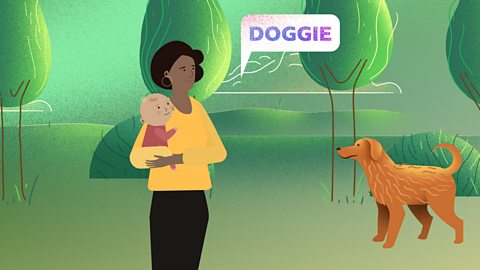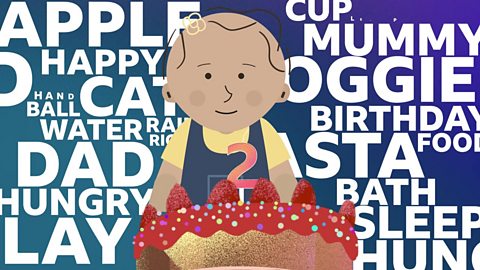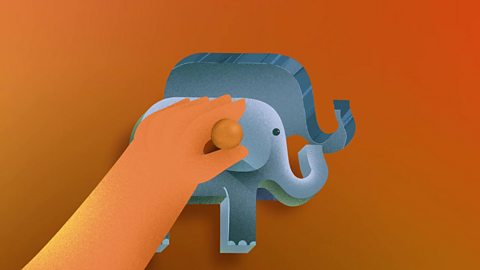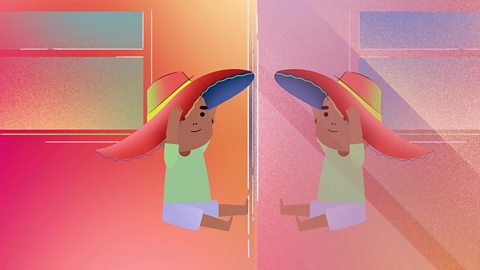As a parent, have you ever stopped and wondered why your child likes to hear the same book again? Or sing the same song? Or follow the same routine?
It's because babies' and toddlers' brains need repetition to learn and thrive.
Your child's brain is ready to learn from day one, constantly making neural connections with every new experience. They don't just learn these new things immediately though…the more times they experience it, the stronger these connections (or synapses) become.
Watch the video below to find out what happens in your baby's brain when they hear words over and over and over again.
Imagine having to learn a whole new language in just a few years, it's not easy, but that's just what your little one is doing. Always listening to and copying all the sounds they hear. They don't just automatically pick it all up, though.
The more you talk to them, tell them what you're doing and what's happening, the more they'll understand the patterns and links between words they hear and things they see.
Those amazing little brains are brilliant at making connections, and even the mistakes they make shows how cleverly are at seeing similarities.
But although your little one's talking really simply to start with, you can help them learn by expanding their language. They need feeding with words as much as they need feeding with food, and before long, they'll be talking so much, you won't be able to get a word in edgeways.
Why is repetition important for your child's development?
- Repetition increases confidence and strengthens the connections in the brain that help children learn.
- Repetition helps their brain make connections between words and objects.
- Some studies suggest repeating words helps toddlers break up speech into individual words.
- Repetition provides the practice that children need to master new skills.
- It's not just language! Repeating movements can improve coordination.

What words should you repeat?
In your everyday life, you shouldn't worry too much about repeating specific words.
Your child will benefit from hearing as many words as possible, and by chatting to them all the time, you will naturally start to repeat things.
You can think about emphasising certain words that you notice you are using a lot or that your child is interested in.
If your child is playing with a certain toy, this is a great opportunity to repeat words linked to that toy. This will help them build a sensory connection between sight and sound in their brain.
If your child understands certain words or uses gestures to show them but cannot say them yet, repetition could be really useful.
For example, if your child raises their arms to be picked up but doesn't say the word â€Îбč”, you could repeat the word â€Îбč” when they make the gesture.
There are lots of different types of words that children need to understand when learning a language. As well as names, there are action, describing, location and feeling words (and many more!).
Repeating words naturally during your interactions will make sure your child is hearing a wide range of these word types and this, ultimately, is what will build the brain connections needed for language learning.

Helping your toddler's language development
When your toddler starts to talk, it can be an overwhelming time for parents, as you question how best to respond to them. Here are three articles that will help:
- Find out why it's important to follow your baby's lead.
- What is language expansion? And how can it help language learning?
- Speech and Language Therapist, Sinead Campbell shares her top tips for toddler language development.






